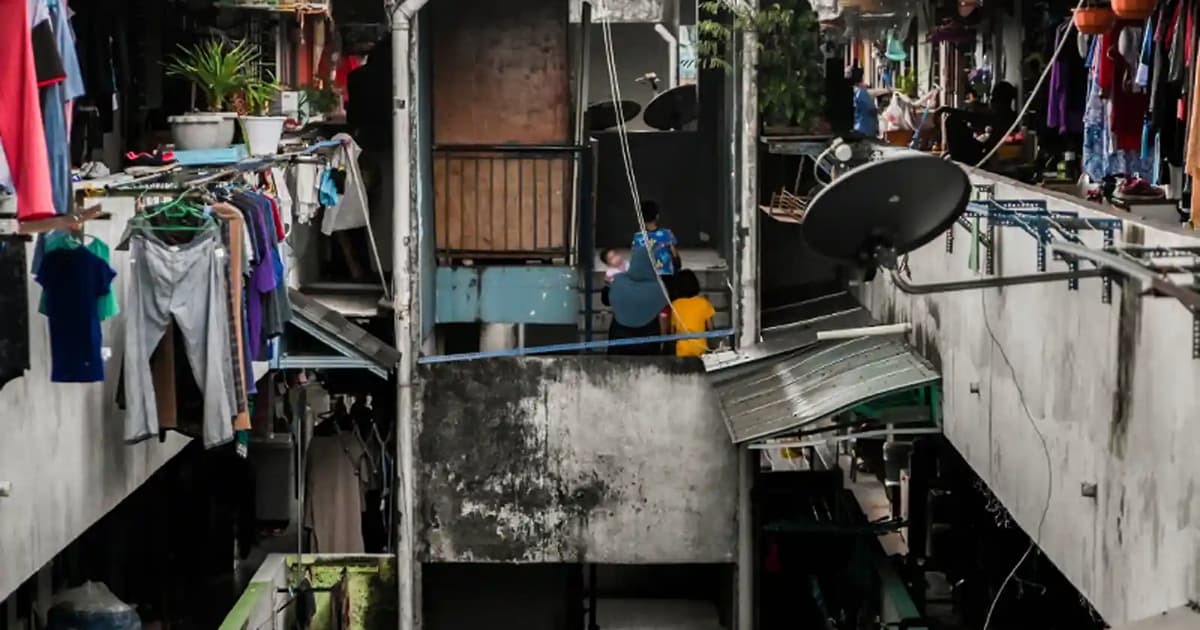
The G25 group of prominent retired civil servants has echoed calls for a further increase in the consent threshold outlined in the Urban Renewal Bill to 95% across the board.
In a statement, G25 said remarks by housing and local government minister Nga Kor Ming that all redevelopment projects under the bill would now require the agreement of 80% of owners, the rights of the 20% who objected to such initiatives could be overridden.
“The bill also creates a dangerous precedent where private property can effectively be seized through manufactured consent,” G25 said, adding that property ownership was at the heart of the controversy over the bill.
“80% is too low,” G25 added when contacted.
Last week, Nga said the bill would be amended to reflect a new consent rule after the proposed law drew pushback from MPs and civil groups.
The bill previously proposed a lower consent threshold for certain types of buildings, namely 75% for those over 30 years old and 51% for abandoned or unsafe buildings.
The change followed concerns raised by the parliamentary committee on infrastructure over the consent threshold during an Aug 21 engagement.
Nga then said that reaching the 80% mark did not mean that buildings would be demolished or residents evicted. Instead, he said it marked the point where discussions with affected owners could begin.
He also said that obtaining the consent of all owners would be nearly impossible for many old flats as some owners could not be found or had unresolved legal issues.
G25 today said it strongly supported the stand by civil society groups such as KLRA+SD that the consent threshold must be near-unanimous, at least 95%, for inhabited buildings not in imminent danger.
“Without clear protection of homeowners’ interest and independent checks and balances in place, lowering the threshold risks violating the Federal Constitution and disregards the minorities’ interests,” it said.






